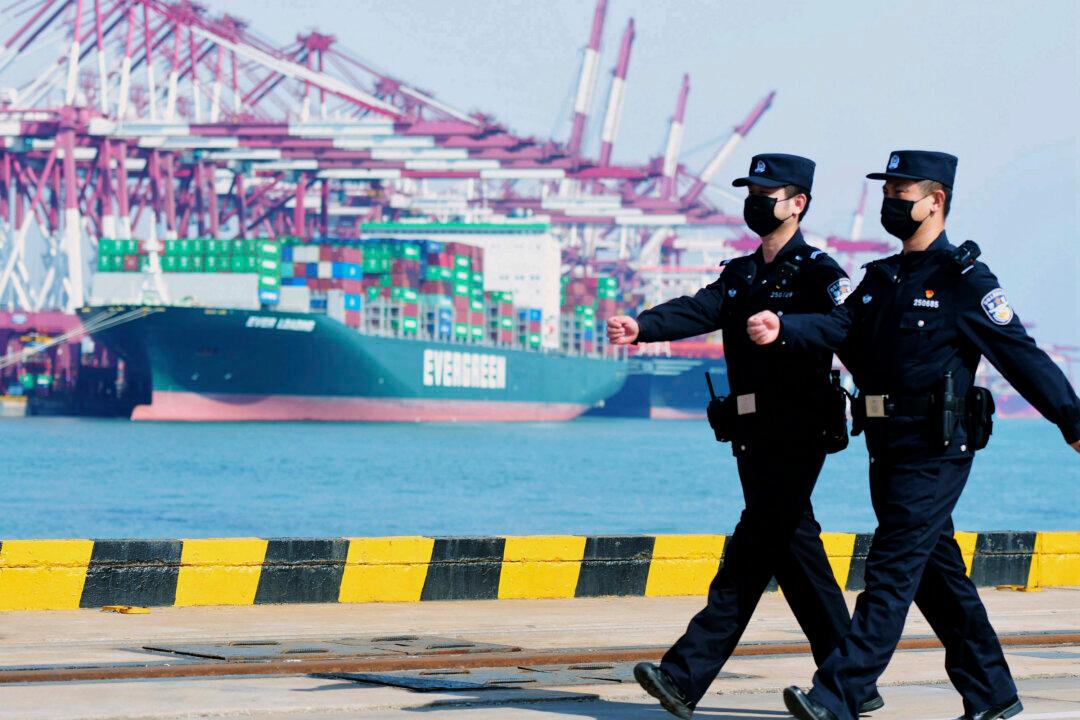News Analysis
The pandemic and supply chain disruptions have exposed how dependent countries are on China as the world’s top manufacturing hub, and since last year, there has been a lot of debate about decoupling from China to reduce reliance on a single country.





